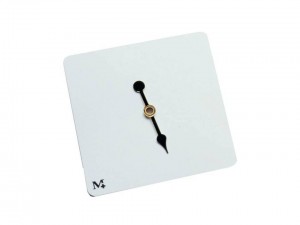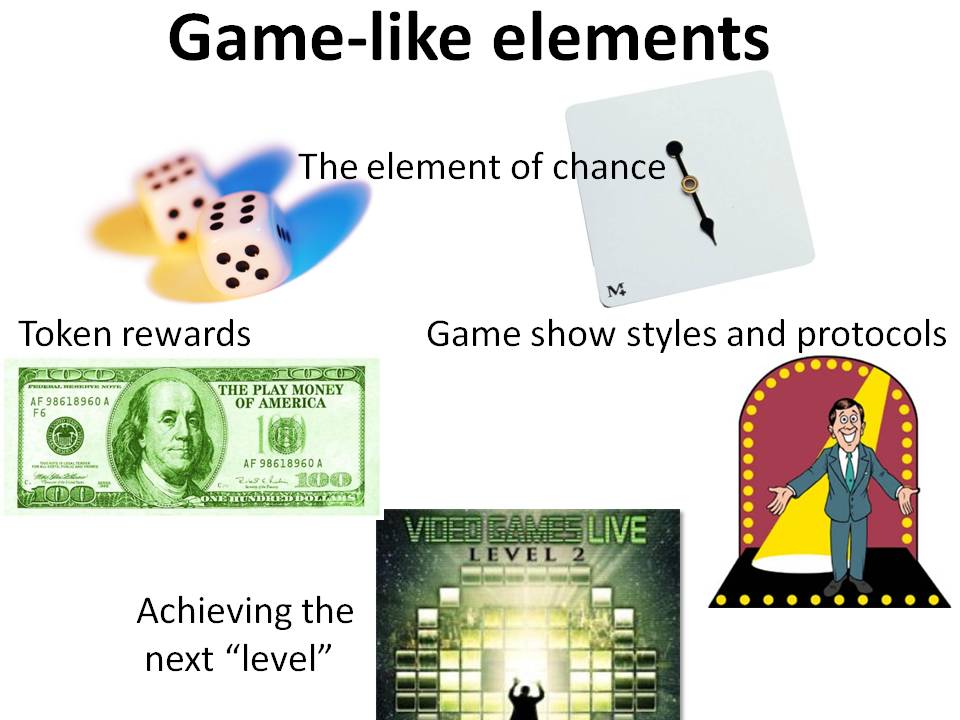Teaching social skills to children with autism spectrum disorders can be much more effective when it is engaging and fun. By the time children with autism ends up in our classrooms or psychotherapy offices, they are often feeling pretty weary and discouraged with their problems. If we don’t introduce some elements of levity, we may lose their attention altogether.
Here are some tips for making your social skills training engaging and “game-like.” Much of this is summarized in this Youtube video, check it out: http://bit.ly/x9TvvO

- Introduce the element of chance. A simple way to do this is to use some dice, or a blank spinner (available from teacher supply stores).
Here is an example: “Kids, we are going to play the compliment game today. A compliment is when you say something nice to someone about how they look, or about what they do, or about how they are. When it is your turn, if you roll a one or two with the dice, you have to give someone a compliment here about how they look. If you roll a three or a four, give a compliment to someone about what they are doing. If you roll a five or a six, give a compliment to someone about how they are (nice, funny, smart, fast, clever, etc.)”

You can download this cool play money that I made! Click here.
2. Use tokens or scoring systems. These fall into two categories. The first kind of scoring system is to give out token objects (play money, marbles, etc.). These you have the kids keep in cups so they are not overly distracted by them. The second scoring system is to create a score board. Simply write the names of the children on a dry erase board, and add a hatch mark next to their names each time they score. (This is the preferred system if your kids on the autism spectrum get distracted by wanting to touch and handle the token items.)

3. Use achievement levels. Most kids on the autism spectrum play a lot of video games. Video games are usually all about “levels” and getting from one level to the next. Here is an example of how to incorporate this into an activity teaching compliments: “Kids, there are three levels of giving compliments. We are going to play a compliment game. Who will get to level three? Level one is easy. You say something nice about how someone looks. Level two is harder. You have to say something nice about the thing the person is doing. Level three is the top level. You have to know the person well enough to know their special inside qualities, like “Generous,” “Smart,” or “Helpful.”

4. Build in Game-show elements. Children with autism spectrum disorders seem to appreciate it when their counselor or teacher is willing to pretend to be a game show host. Copy and print out the picture of the game show guy shown in the picture above, and stick it on the wall. If you want to get fancy, play game show music. Here is a link to Jeopardy music sound clip: http://www.youtube.com/watch?v=vXGhvoekY44 Then, abandon your professional decorum , and say something like this: “Kids, welcome to the Elmhurst School Game Show. I am your host, Ms. Apple. Today, we are going to test people’s ability to give compliments. Please welcome our first contestant, Tiffany. Tiffany, come on down!”
I wish you good luck with introducing levity and game-like qualities to your social skills training for kids on the autism spectrum.
Joel Shaul, LCSW
Your comments on these resources are most welcome, and often helpful. Click HERE to send an email.



[…] really motivating for kids. AutismTeachingStrategies.com has a fantastic blog post on using game like elements to teach social skills to children with Autism Spectrum […]